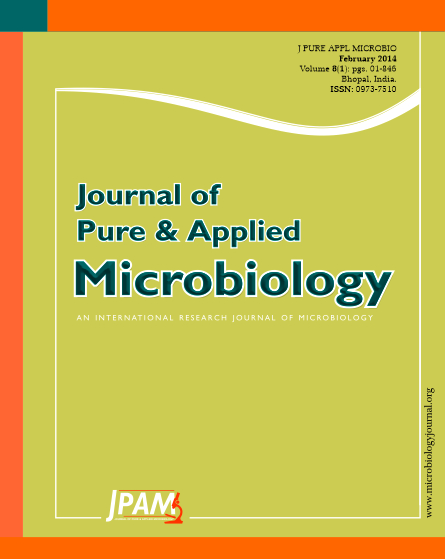Dengue is a human arbovirus disease transmitted by the female mosquito of the genus Aedes. It from infection by one of four serotypes. Named dengue 1, 2, 3, and 4. It is the most important disease caused by an arbovirus worldwide, especially in the tropical and sub-tropical regions. A total of 553 patients were reported as suspected cases of dengue fever with blood samples from April 2010 to ending March 2011, out of which 264 were confirmed to be positive serologically for dengue infection, amounting to 47.74% positivity rate. The highest number of cases were recorded in the month of April 73(27.69%), but lowest number was recorded in the month of August 2011 (2cases, 0.75%). Age wise distribution of cases revealed a range between 3-56 years, Saudi 215(81.44%), non-Saudi 49(18.56%).
Dengue fever, Jizan area, Saudi Arabia
© The Author(s) 2014. Open Access. This article is distributed under the terms of the Creative Commons Attribution 4.0 International License which permits unrestricted use, sharing, distribution, and reproduction in any medium, provided you give appropriate credit to the original author(s) and the source, provide a link to the Creative Commons license, and indicate if changes were made.


